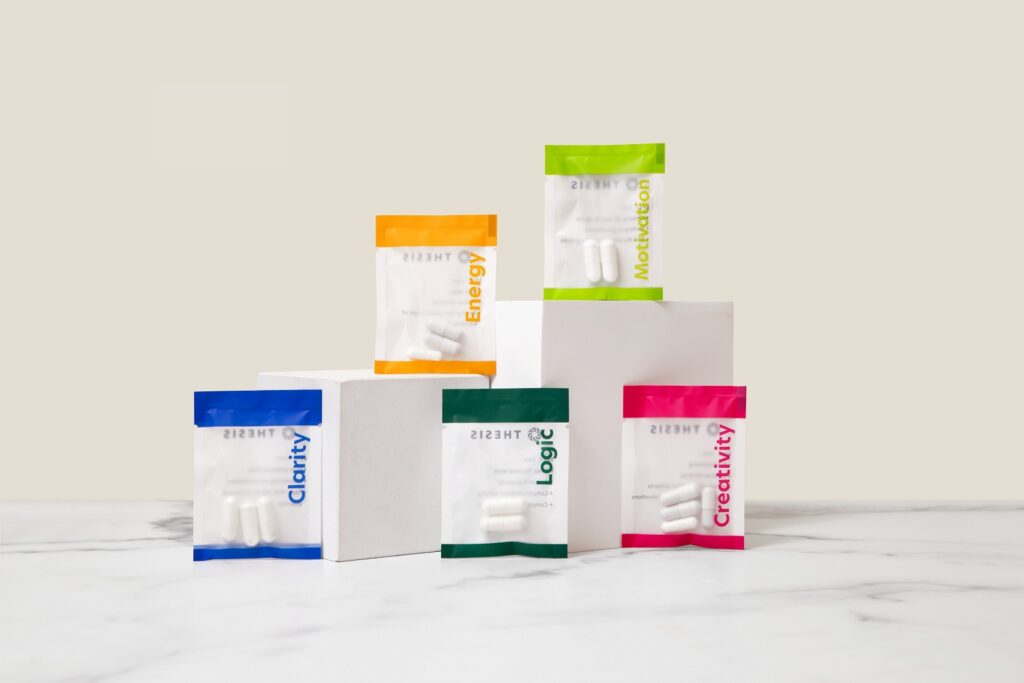What are nootropics?

Nootropics are also referred to as “cognitive enhancers” or “smart drugs”. They loosely refer to any natural or synthetic substance that may have a positive impact on mental skills, such as thinking, learning and memory.
Whether you are a student cramming for a test, a busy professional staying up all night, or an older adult concerned about dementia, the idea of a quick brain-booster may sound very appealing. It is thus not surprising that the use of nootropics is on the rise in the form of dietary supplements and prescription drugs. But do they work and are they safe?
Natural nootropics
The most widely consumed nootropic is probably caffeine. This natural stimulant not only makes us feel more awake and alert, but has also been shown to activate neurotransmitters in the brain that enhance short-term memory and learning. While there are some health risks to consuming too much caffeine, it is perfectly safe in moderation. Other natural nootropics include:
- Vitamins A, B, E, D and minerals such as zinc, iodine, magnesium and iron.
- Theanine. A compound found in tea and some mushrooms.
- Ginkgo Biloba. In addition to its anti-inflammatory and antioxidant properties, may help boost brain function.
- Choline. A vital nutrient that helps with, amongst other things, brain and central nervous system control of memory and mood.
- Blueberries. A great source of polyphenols that can help reverse age-related neuronal decline, improve cognition and memory, and increase hippocampal neurogenesis.
- L-Carnitine. Found in high concentration in dairy and poultry, L-Carnitine helps regulate mitochondrial energy production at the cellular level, including within the brain.
- Tyrosine. An amino acid that occurs naturally in the body, helps improve mood, cognition and concentration by producing important neurotransmitters such as adrenaline and dopamine.
- Turmeric. This spice has many healthy properties and may help with neurodegenerative pathologies such as Alzheimer’s, as well as mitigate migraines and depression.
- Cocoa. The main component of pure chocolate may help stimulate cognitive performance as well as enhance brain oxygenation.
- Walnuts. They possess high concentrations of essential fatty acids such as omega 3 and omega 6 and encourage cognitive capacity and learning.
Synthetic nootropics
The dietary supplement industry has grown exponentially over the last decade, and it has sometimes been difficult for researchers and regulators to keep up. While some products are safe and beneficial, others make unsubstantiated claims and may be outright harmful. Hospital Ochoa recommends checking with a doctor first before consuming dietary supplements that sound too good to be true. Things to keep in mind include:
- Certain products, especially those purchased on the internet, may be of dubious origin or quality.
- Different people may react differently to the same compound or dosage.
- There may be none or few reliable studies made on the long-term effects.
Synthetic nootropics, be they dietary supplements or prescription drugs, may be classified as follows:
- Cholinergic
- Ampakines
- Stimulants
- Metabolic
- Dopaminergic
- Racetams




